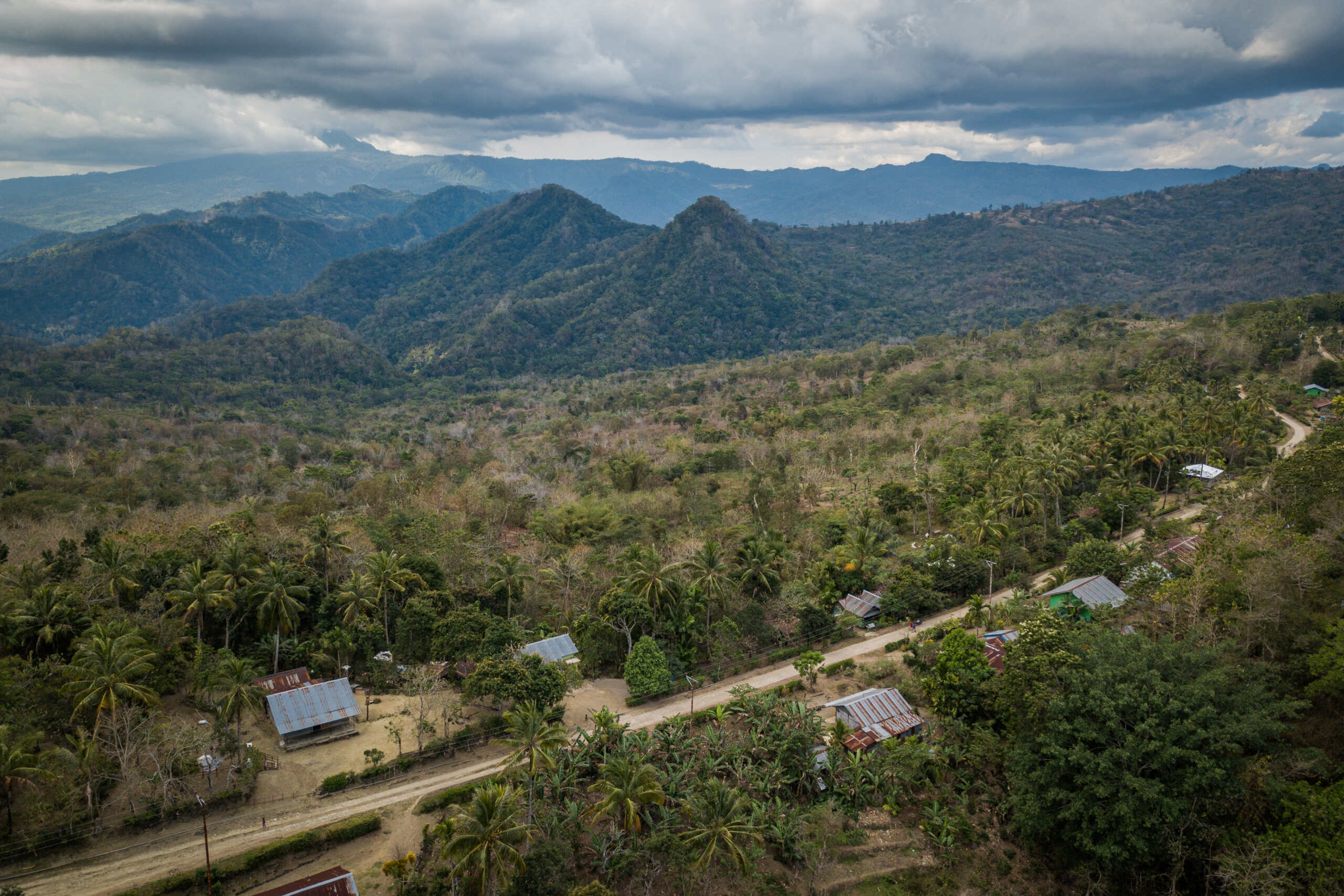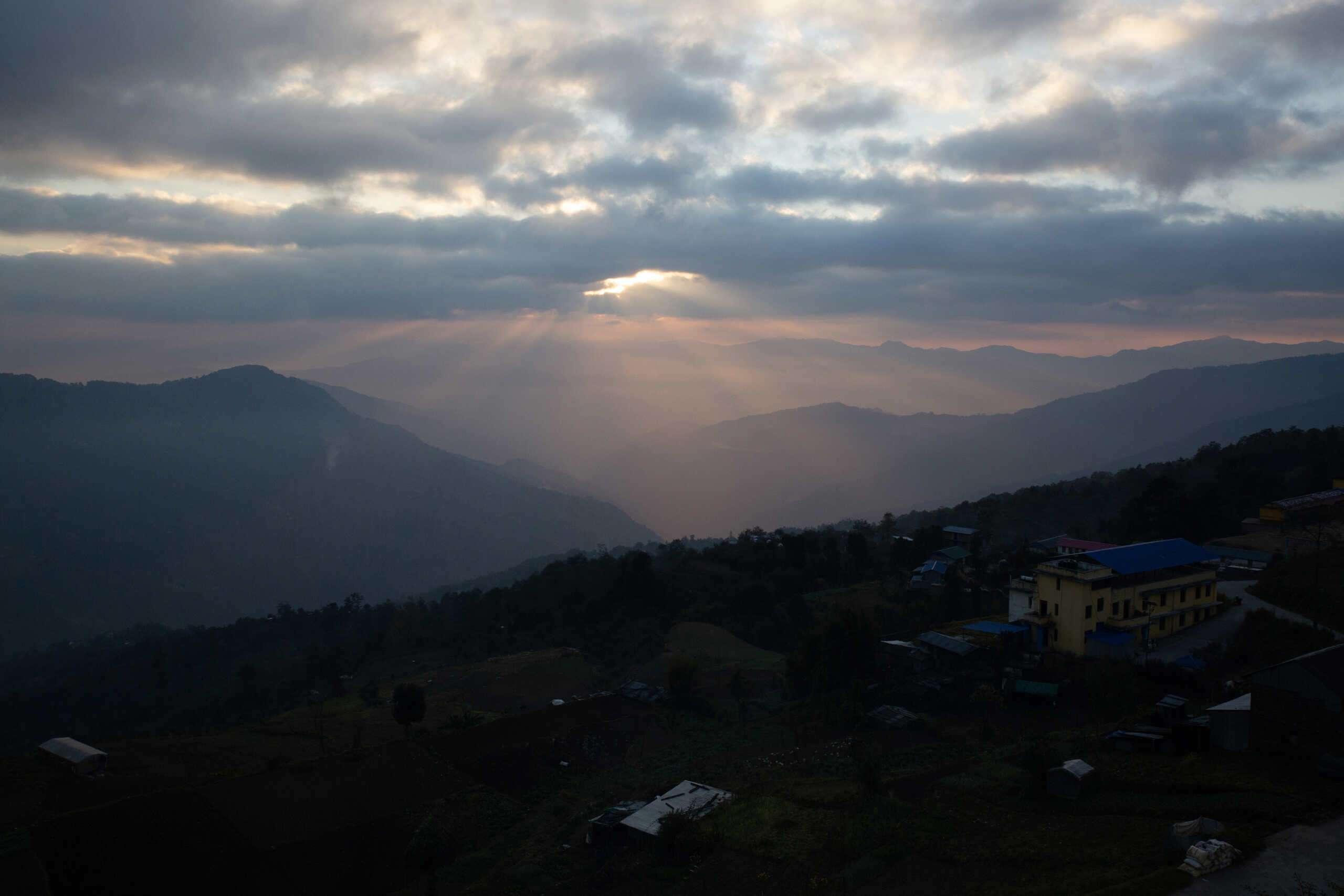Working Together: Claudia and Naomi
Experiences, Pacific, Stories | June 25, 2024
Each month, CBM Australia takes a look behind the scenes at our employees and partners who are devoted to improving the lives of people with disabilities.
This month we talk to technical advisor Claudia Bailey, with the CBM Global Inclusion Advisory Group (IAG) based in Australia, and Naomi Tai from People with Disability Solomon Islands (PWDSI), the nation’s peak Organisation of Persons with Disabilities, based in the Solomon Islands.
Hello, tell us about how you work together.
Claudia: CBM Global Inclusion Advisory Group is involved in an Australian government-funded program called Disaster Ready, where we train other aid and development organisations on disability inclusion.
Naomi: In the Solomon Islands, Claudia and I have been running training to make sure that organisations like World Vision know how to include people with disability in their disaster preparedness and response programs.
What impact will these training sessions have in the Solomon Islands?
Naomi: We know Solomon Islands is prone to all sorts of disasters. It’s not only cyclones but also flooding and coastal sea rises on small islands. The training sessions have been important to help organisations think more about how people with disability can miss out on support during disasters, and what to do about that.
So, you both have a disability?
Claudia: We do, so we can talk from our own experiences! People learn so much from actual people with lived experience of disability sharing their stories, as well as seeing that we’re in these roles where we were really capable of leading. There are a lot of misconceptions about disability, and seeing us working so effectively together makes other people more passionate.
Naomi: I can share my own experiences. Disability doesn’t stop me from doing my job, raising issues, and advocating to help people with disabilities to be part of society.
Have you been personally impacted by disaster?
Naomi: In 2014, there was a flash flood. I was in the office at the time, and it scared me. I had to think, ok, with my disability, what am I going to do? Do I contact my parents, can I get to a safe place? People with disabilities are more likely to be left behind during evacuation in disasters due to a lack of preparation and planning, as well as inaccessible facilities, services and transportation.
What are your reflections about working with Naomi?
Claudia: I have really loved working with Naomi. We’ve been doing research on the role of Organisations of Persons with Disabilities (OPDs) in disaster preparedness. Naomi is just outstanding and has been able to engage with different people with disabilities to share their experiences.
What are your reflections about working with Claudia?
Naomi: With Claudia, there’s space to talk, and when we prepare a training session, I love brainstorming how best we can help organisations think about inclusion. When the borders are open, I hope Claudia can come over to the Solomons, or I can go over to Australia.
Claudia: It’s more than just a work partnership, it has become a real friendship. It’s probably one of the highlights of my job, getting to work with Naomi.
Thank you, Claudia and Naomi!
Read more on CBM’s Disaster Risk Reduction Field Programs here.
Disaster Ready is a component of the Australian Humanitarian Partnership, a five-year (2017-2022) partnership between the Australian Government and Australian NGOs. CBM’s Inclusion Advisory Group and PWDSI are part of the Disaster READY program.
https://www.cbm.org.au/stories/working-together-claudia-and-naomi
Related Stories

Week 2 – Lent series 2026
As we continue our Lent journey, we’re grateful to share a heartfelt reflection from CBM Australia’s Head of Program Impact Operations, Kieran Cummins, who...

Building inclusive, climate resilient communities in Bangladesh
Highlights from DFAT Post’s visit In January 2026, representatives from the Australian High Commission in...

Week 1 – Lent series 2026
As we enter the season of Lent, we’re taking time as a community to pause, reflect, and draw closer to the heart of God. Lent invites...
